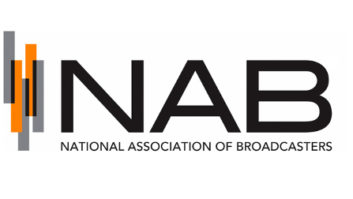Radio broadcasters should be satisfied with the forthcoming final decision by the U.S. Department of Justice regarding music performance rights judging by the complaints coming from performing rights organizations ASCAP and BMI. The National Association of Broadcasters confirms it heard an update this week from DOJ on the department’s proposal.
The nearly three-year review process by the DOJ has ended without major changes to the antitrust consent decrees under which ASCAP and BMI have operated since the 1940s and determine the process by which radio broadcasters pay royalties for the music they play, according to people familiar with the review process.
ASCAP and BMI are signaling that the DOJ will require the performing rights organizations to accept 100% licensing, a move away from the more traditional model of fractional share licensing.
“Unfortunately, the DOJ indicated that because of the complexities of the transition to this 100% licensing requirement, it will not consider the updates we requested to our consent decrees at this time but, instead, may revisit those issues after a transition period,” said Beth Matthews, CEO of ASCAP.
Matthews said in a statement the performance rights group will consider all options, “including legislative and legal,” to remedy the situation.
Mike O’Neil, president and CEO of BMI, released a statement that characterizes the level of discontent with the DOJ’s final proposal: “We are disappointed with the DOJ’s recommendation, which after years of hard work and discussion brings us no closer to much-needed consent decree reform than when we started.”
Big music publishers like Sony/ATV and Universal Music Publishing have also expressed displeasure with the DOJ proposal, which could be finalized with a formal decision in the next few weeks.
The Radio Music License Committee says radio broadcasters pay approximately $150 million a year in royalties to BMI and ASCAP.











